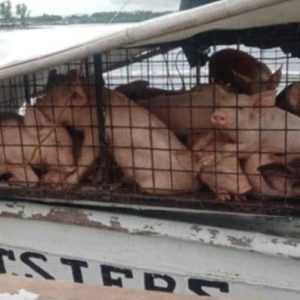
This year’s Asia-Pacific Ministerial Conference on Disaster Risk Reduction (APMCDRR) will focus on how emerging technologies like satellites, drones, and artificial intelligence (AI) are revolutionizing disaster risk reduction (DRR). Set for October 14-18 at the Philippine International Convention Center in Pasay City, the event will explore how these innovations enhance disaster prediction, preparedness, and response efforts.
AI has become an essential tool in building resilience, especially as the frequency of disasters increases. Department of Environment and Natural Resources Secretary Maria Antonia Yulo-Loyzaga emphasized, “As climate change exacerbates disaster risks, integrating technologies like AI and space-based systems into our DRR strategies is critical for creating a safer, more resilient future. APMCDRR provides a platform for collaboration on solutions that safeguard both people and the environment.”
In recent years, the Philippines has made strides in disaster management with AI-powered tools, such as those implemented through GeoRisk Philippines. This multi-agency initiative, led by the Philippine Institute of Volcanology and Seismology (PHIVOLCS) and funded by the Department of Science and Technology (DOST), develops protocols and platforms for sharing hazard, exposure, and risk data. These resources aid communities, local governments, and national agencies in preparing and planning to mitigate the impact of natural hazards.
Under the leadership of Secretary Renato Solidum of DOST and Professor Saini Yang of the Integrated Research on Disaster Risk (IRDR), the conference will spotlight how AI, unmanned aerial vehicles (UAVs), satellite technologies, and indigenous knowledge can improve weather forecasts and risk assessments. These innovations align with the goals of the Sendai Framework for Disaster Risk Reduction 2015-2030, aiming to reduce disaster risks and protect lives and livelihoods.
Discussions will also focus on blending cutting-edge technology with nature-based solutions and traditional practices to protect ecosystems from climate change impacts—an especially pertinent topic for the Philippines, where local and indigenous knowledge plays a crucial role in DRR strategies.








